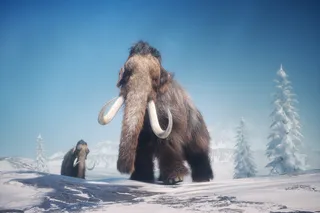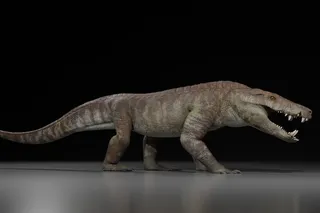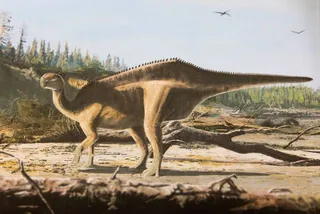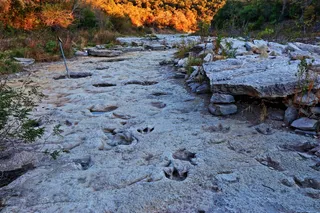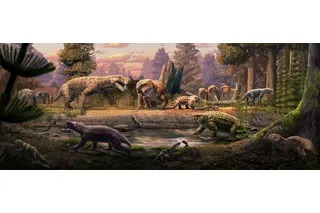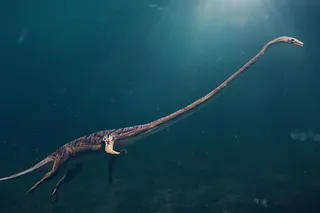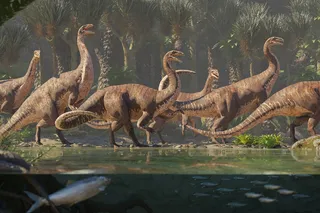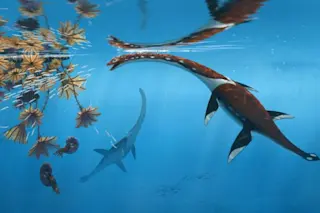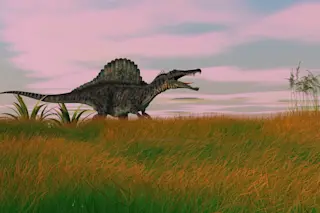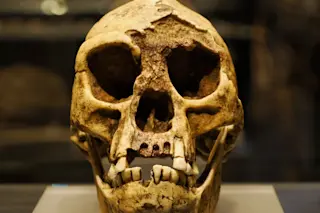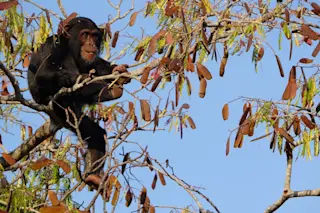Scientists may have gotten the evolutionary origins of some of the strangest animals on the planet backward. They’ve long thought that monotremes — egg-laying mammals that include the platypus and hedgehog-like creatures known as echidnas — originated on land. The platypus took the occasional aquatic foray, making it semi-aquatic, while echidnas stayed out of the water, the thinking went.
But new analysis of a bone found 30 years ago may mean that theory requires a revision. A single humerus, originally discovered at Dinosaur Cove in southeastern Australia, indicates that modern monotremes arose from water-dwelling ancestors, according to a report in the journal PNAS.
“We’re talking about a semiaquatic mammal that gave up the water for a terrestrial existence, and while that would be an extremely rare event, we think that’s what happened with echidnas,” Suzanne Hand, a paleontologist with Australia’s University of New South Wales, and an author of the ...



